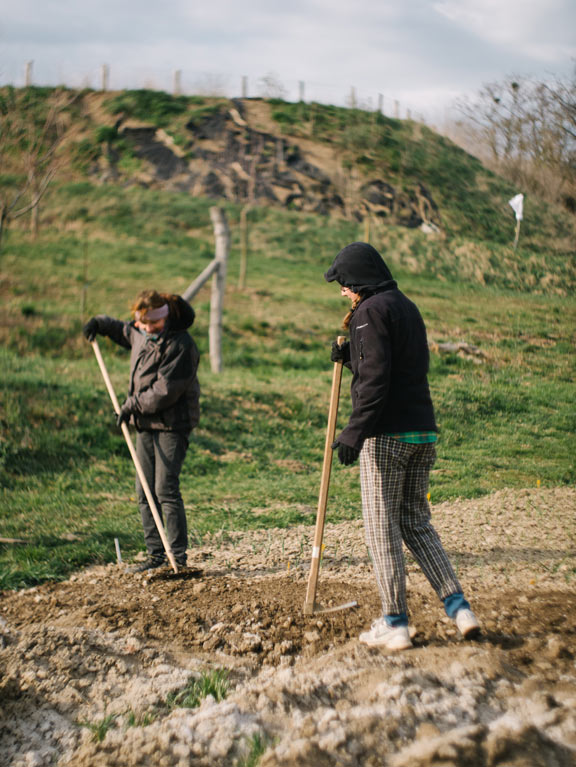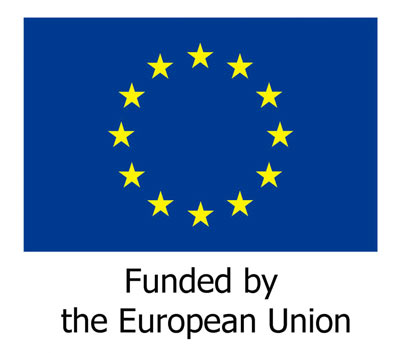Social farming in Norway

In Norway, social farming is part of the agriculture system, both financially and in terms of policy. It sits within the responsibility of the Agricultural Development Departments at local “kommunes” (municipalities). It is organised regionally into a legal member association called ‚Inn på tunet‘ („In the Farmyard“). These member organisations vary from each other regionally according to the types of farming systems to be found in the region (from Southern to Arctic, and West to East), and to the priorities of the local agricultural development offices and local health partnerships. This leads to significant variations in access and delivery across the whole country, to the point where it can be seen that accessing good Green Care services is a ‘post-code lottery’ where the quantity and quality of nature-based therapies is very dependent upon the presence of local providers and local employers.
There is a national policy for social farming, contained within a law focusing on the provision of services through the Inn på tunet organisation – which is organised as a regional member organisation, often coinciding with County borders, but not always. It is administered by the Norwegian food and farming directorate, Matmerk. Matmerk’s definition of social farming in Norway, translated into English, is below:
Inn på tunet delivers organized and quality-assured welfare services on farms. Approved farms offer activities that provide meaningful work, coping, development and well-being. There are many different research reports and experiences that show positive effects of this type of measure: To use animals in therapy, to work with gardening and to master specific tasks in the farm. All this contributes to improving the everyday life of those who participate at Inn på tunet farms.
The main users of Inn på tunet are:
- Children and adolescents
- People with substance problems
- Disabled
- Elderly
The activities in the service offer are linked to the farm, life and work there. Today, it has been approved for farms throughout Norway
There is a strong consensus in Norway, that Social Farming is a positive thing, both in terms of client outcomes, but also in terms of farm diversification – signalled by acceptance of such activities in zones restricted to agricultural purposes.
Historically, the sector was mostly populated by teachers/social workers/therapists, etc., who ‚retired‘ from normal practice and bought one of the myriad small farms which were rendered irrelevant by industrial agriculture. Many of those people are retiring now, leading to a decline in numbers. Recent trends include the growth of social farming addressing dementia care, and care for elders, and a continual growth in Animal Assisted Therapies.
Generally, the agricultural products produced on social Farms and sold off-farm enter the normal agricultural supply chain, in particular, the sole-buyer cooperative ‘marketing boards’ for each agricultural commodity.
Website:
https://www.innpatunet.no/

